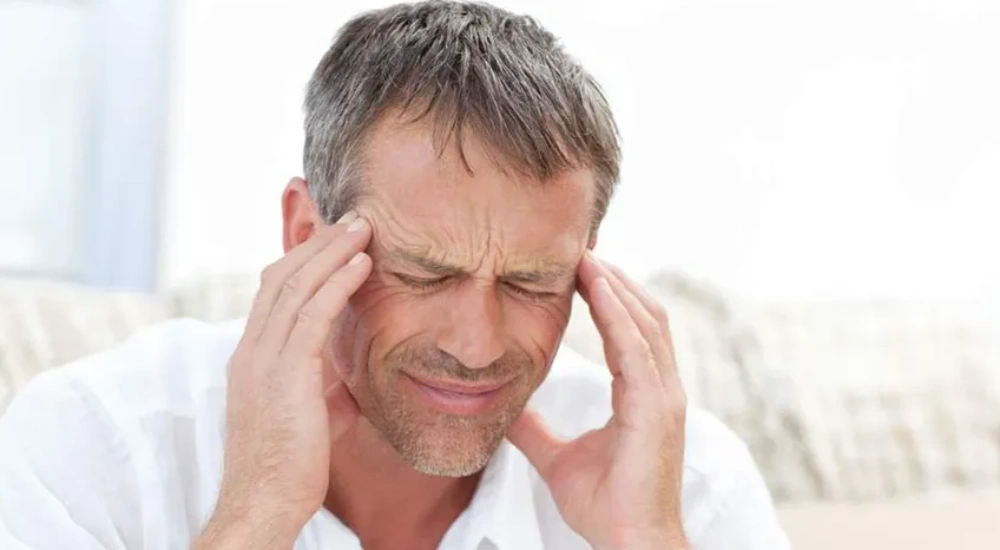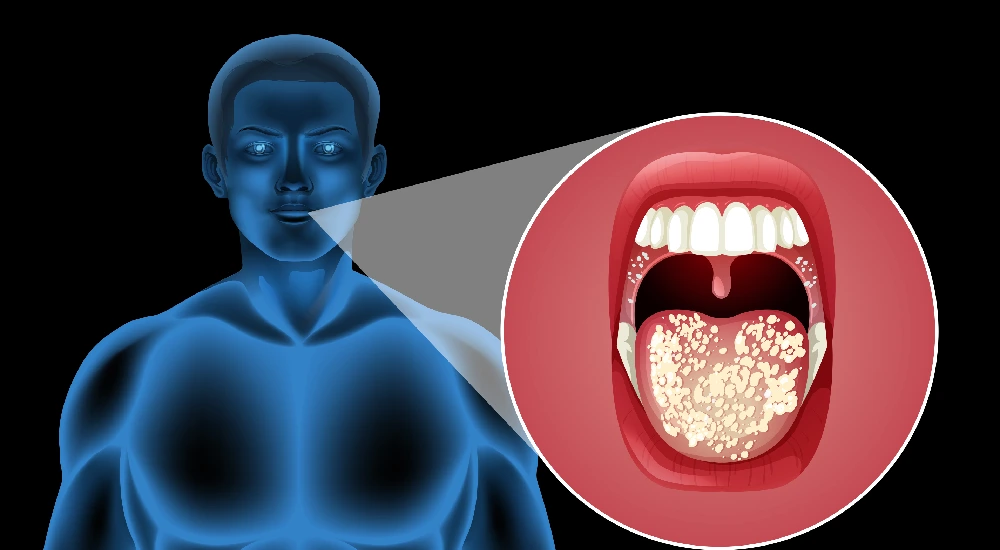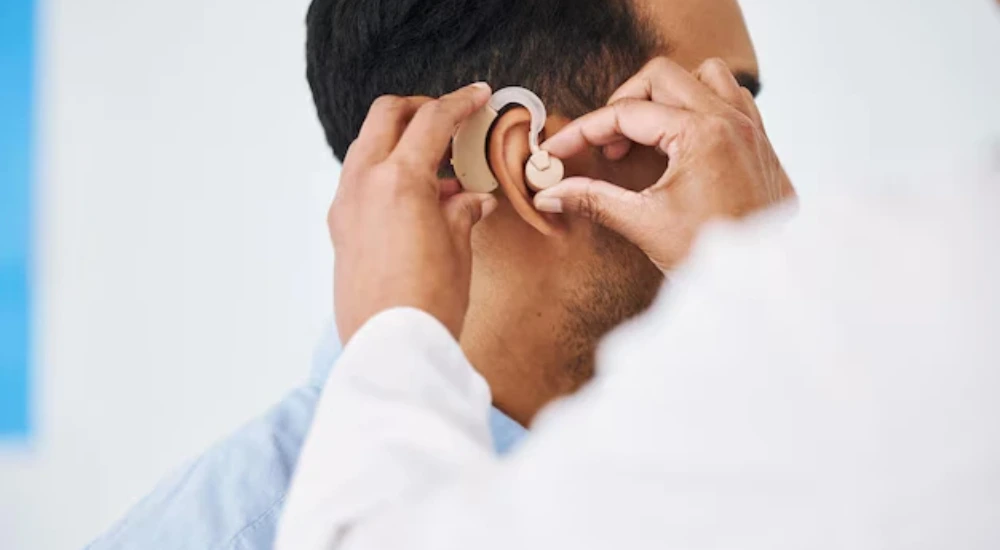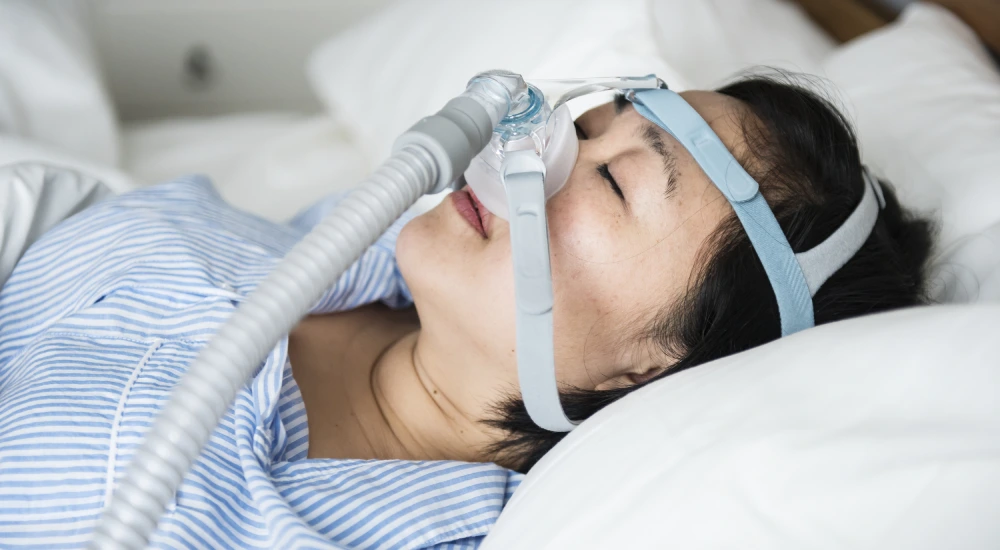
Meniere’s Disease
A spinning sensation that is repulsive, continuous ringing in the ear, and hearing loss. Wait, these are the symptoms of vertigo, right?
You bet they are. But there is a different condition that shares the symptoms of Vertigo, and it’s called Meniere’s disease.
People believe Meniere’s disease has symptoms identical to vertigo and often get confused between the two conditions.
But it’s only a myth. This blog is all about busting myths around these two conditions and everything one should know about Meniere’s disease.
Meniere’s is a disorder that causes intense episodes of vertigo. That’s the reason behind the identical symptoms. In simple words, Meniere’s disease is one of the causes of vertigo.
Meniere’s Disease - Cause
The inner ear is a complex part of the ear and responsible for crucial functions such as balance and hearing.
Medical professionals believe Meniere’s disease results from the constant changes in the fluids in the inner ear. These fluids are responsible for the balancing function of the body.
ENT experts also believe that other conditions such as Autoimmune Diseases can also lead to Meniere’s disease, leading to intense vertigo spells.
Symptoms of Meniere’s Disease
Apart from the symptoms of vertigo, Meniere’s disease shows additional symptoms that can last anywhere between a few minutes to hours, sometimes, the whole day.
- Intense vertigo spells that are repetitive.
- Loss of balance, headaches, and sweating.
- Nausea, vomiting, and a sensation of fullness in the ears.
- Hearing loss and a constant ringing sensation.
Meniere’s disease is primarily observed in people between the young and middle ages. Meniere’s disease can become a chronic condition without a particular method for a cure.
But your ENT doctor can try multiple combinations of treatment methods and lifestyle changes you can follow to mitigate the spells and ease the symptoms.
Choose the best ENT hospital in your locality to find the best treatment for Meniere’S Disease, and you will indeed have a chance to live a regular life with this condition.
Treatment for Meniere’s Disease
The ENT specialist qualifies the condition after conducting the hearing assessment, balancing assessment, and other tests to rule out other conditions.
Once the condition is determined, the ENT doctor analyzes and chooses the best path to derive optimum results. Here are the four treatment methods that are usually employed.
Medications
- As this condition causes vertigo, nausea, and vomiting, medicine combinations that include motion sickness, anti-nausea, and antiemetic can help!
- Injections are also used to inject medications into the inner ear through the middle ear to reduce and maintain fluid balance.
- Diuretic pills, also known as water pills, are prescribed to reduce the fluid content in your body. These pills help by flushing excess fluids through urine.
Therapy
- Physical therapy sessions are conducted to recondition your brain to deal with Balance Disorders.
- Vestibular rehabilitation that includes balance, leg strength, and flexibility exercises can help.
- The therapy sessions focus on improving deficits and reducing injuries’ symptoms and risk by practicing falling techniques.
- In the event of a hearing loss due to Meniere’s disease, wearing hearing aids can help.
- As this disease also impacts balancing, using hearing aids also helps restore the sense of balance.
- The ENT specialist might also suggest an audiologist who can further analyze and fit hearing aid.
- Diet Changes Diet we take increases or reduces the fluid content in the body. Reduce or cut down the intake of salt, sugar, caffeine, and alcohol. Eating at regular intervals helps your body regulate fluids.
- Physical Activity Workouts that strengthen your neck muscles, legs, and core can greatly help with Meniere’s disease episodes. This also enhances your body’s coordination with lack of balance and your reflexes in the event of a fall.
- Mindfulness Activities Yoga, meditation, and other mindfulness activities of your choice help significantly. It does not have anything to do with Meniere’s disease, but they help greatly manage stress, anxiety and cope with the mental distress caused by Meniere’s condition.
Hearing Aids
Surgery
Surgery for Meniere’s condition is employed only as a last resort when the other treatment methods are failed, or the spells are severe.
A procedure called an endolymphatic sac is conducted to improve fluid drainage and also to reduce fluid production.
Managing Meniere’s Disease
Lifestyle changes that include strict diet measures help people diagnosed with Meniere’s disease reduce its severity and frequency and live a regular life.
Takeaway
Getting diagnosed with Meniere’s condition can be stressful as there is no cure. However, one can live a regular life despite this condition with the help of the best ENT doctor, adhering to the prescribed treatment plan, and following the suggested lifestyle changes. Vikram ENT Hospital in Coimbatore offers quality medical care for Meniere’s disease and conductive hearing loss. Book an appointment today to find the best solution for your condition.
Share This Story, Choose Your Platform!






